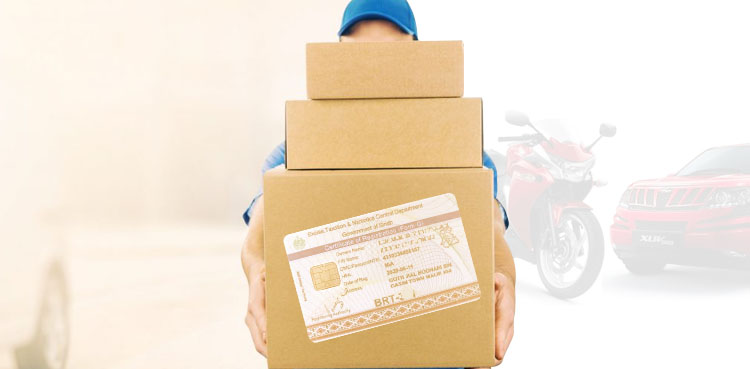In light of rising inflation, the Excise Department updates courier service fees.

Under a recently granted three-year contract, the Excise, Taxation, and Narcotics Control Department has updated new courier service fees for critical registration materials, such as smart cards, number plates, and vehicle files.
Following a thorough examination of cost inflation and market comparisons, the updated courier prices were released.
The delivery rates that Pakistan Post had previously recommended were 400 percent higher than the previous rates, and they were even higher than those of the private courier service.
Director General Excise Omar Sher Chatha immediately rejected the demands, emphasizing sustainable and equitable updated courier prices.
The following are the newly authorized amended rates:
New charges (PKR) and previous charges (PKR) for the item
Number Plates 90–34 Vehicle Files 100–43
48 Smart Cards 27
Officials have verified that the provincial government has received the updated courier prices for final approval.
The modifications are intended to maintain the affordability of government-to-government shipping while reflecting the state of the economy.
This choice fits into a broader pattern in Pakistan’s logistics sector, as courier services have raised delivery costs due to new levies incorporated into the Finance Bill 2025.
These taxes, which increase expenses for all parties, include a 2% sales tax and a 2% withholding tax on cash-on-delivery shipments.
Read More: KP introduces a new system for vehicle registration and license plates
A new car registration and number plate system that follows the federal model was previously implemented throughout the province by the Khyber Pakhtunkhwa administration.
The Excise, Taxation, and Narcotics Control Department has officially announced that the new system is now in place with immediate effect and will be completely enforced after November 30, 2025.
Vehicle registration numbers and license plates will now be associated with the owner’s Computerized National Identity Card (CNIC) rather than the vehicle’s chassis number under the updated regulations.